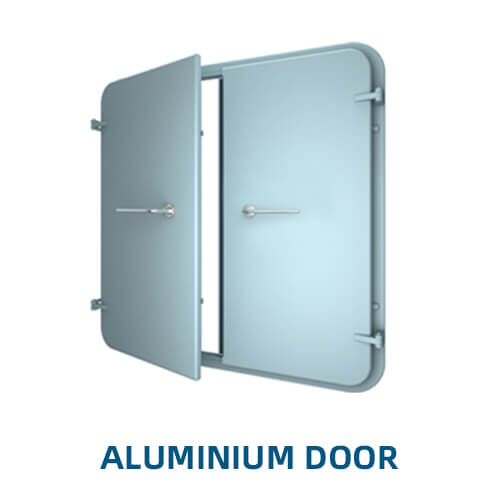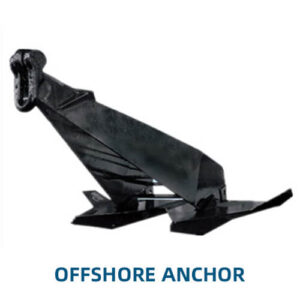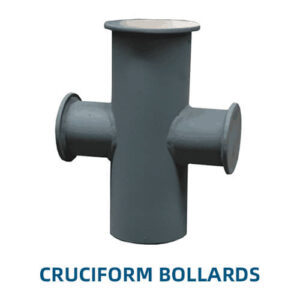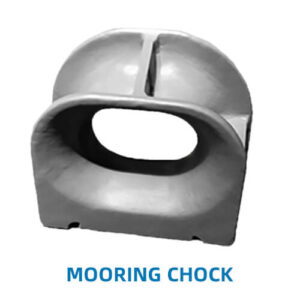Key Features of an Aluminum Door:
- Material and Construction:
- High-Quality Aluminum: The door is typically made from high-grade aluminum, which offers excellent resistance to corrosion and rust. This makes aluminum doors ideal for environments with high humidity or exposure to saltwater.
- Lightweight: Aluminum is significantly lighter than steel, which makes aluminum doors easier to install and operate. Despite their lightweight nature, these doors are strong and durable.
- Thermally Broken Frames: Many aluminum doors feature thermally broken frames, which include an insulating barrier between the interior and exterior parts of the door. This feature enhances energy efficiency by reducing heat transfer.
- Design and Aesthetic:
- Sleek and Modern Appearance: Aluminum doors are known for their sleek, contemporary look. They are often used in modern architectural designs due to their clean lines and ability to support large glass panels.
- Customizable: Aluminum doors can be customized in various finishes, including anodized, powder-coated, or painted in a range of colors. This allows for greater flexibility in matching the door to specific design requirements.
- Glazing Options: Aluminum doors often incorporate large glass panels, which can be single, double, or triple-glazed depending on insulation needs. The glass can be clear, tinted, frosted, or coated for additional energy efficiency or privacy.
- Durability and Maintenance:
- Corrosion Resistance: One of the primary advantages of aluminum doors is their resistance to rust and corrosion, even in harsh environments like marine settings or industrial areas. This makes them a long-lasting option with minimal maintenance requirements.
- Low Maintenance: Aluminum doors do not require regular painting or staining, and they are easy to clean with just a mild detergent and water. The material’s durability means that the door will maintain its appearance and functionality over time with minimal upkeep.
- Weather Resistance: Aluminum doors are designed to withstand various weather conditions, including rain, wind, and UV exposure. They are often fitted with weather seals to prevent drafts and water ingress.
- Security Features:
- Strong and Secure: Despite being lightweight, aluminum doors are incredibly strong and can be fitted with robust locking mechanisms to enhance security. This makes them suitable for use in both residential and commercial settings.
- Multi-Point Locking Systems: Many aluminum doors are equipped with multi-point locking systems that engage at multiple points along the door frame, providing increased security and preventing unauthorized entry.
- Energy Efficiency:
- Thermal Breaks: As mentioned earlier, thermally broken frames help to reduce heat transfer, improving the energy efficiency of the door. This is especially important in climates with extreme temperatures.
- Insulated Glass Options: The incorporation of insulated glass can further enhance the energy efficiency of aluminum doors, reducing heating and cooling costs by minimizing heat loss in winter and heat gain in summer.
- Applications:
- Residential: Aluminum doors are commonly used in homes for entry doors, patio doors, and sliding doors. They are particularly popular in modern home designs.
- Commercial: In commercial buildings, aluminum doors are often used for storefronts, office entrances, and internal partitions due to their durability and sleek appearance.
- Marine: On ships and yachts, aluminum doors are used for cabin entries, bulkhead doors, and other applications where resistance to corrosion and weather is crucial.
Advantages of Aluminum Doors:
- Corrosion and Rust Resistance: Ideal for use in marine and coastal environments.
- Lightweight and Strong: Easy to install and operate, with excellent strength.
- Modern Aesthetic: Offers a sleek, contemporary appearance that suits various design styles.
- Low Maintenance: Requires minimal upkeep and retains its appearance over time.
- Energy Efficiency: Features like thermal breaks and insulated glass improve energy performance.
Considerations When Using Aluminum Doors:
- Thermal Conductivity: Aluminum naturally conducts heat, so it’s important to choose doors with thermal breaks to prevent energy loss, especially in colder climates.
- Cost: Aluminum doors can be more expensive than some other materials, particularly when customized or when high-performance glazing is included.
- Noise Insulation: While aluminum doors can be fitted with soundproofing glass, the material itself may not provide as much noise insulation as solid wood or composite doors.
An Aluminum Door is a versatile and durable option for a wide range of applications, offering a combination of strength, corrosion resistance, and modern design. Whether used in residential, commercial, or marine settings, aluminum doors provide long-lasting performance with minimal maintenance. With customizable options for glazing, finishes, and security features, they can be tailored to meet specific needs while contributing to energy efficiency and overall building aesthetics.






